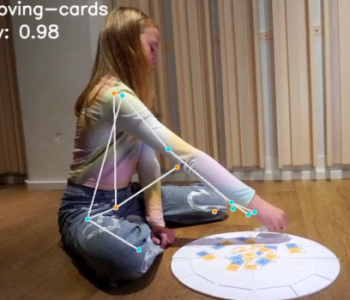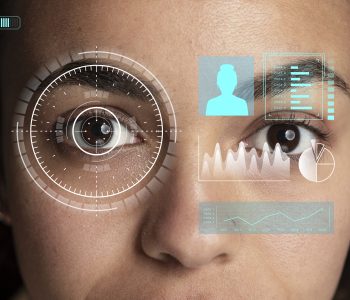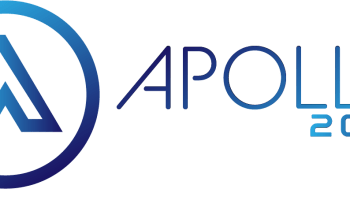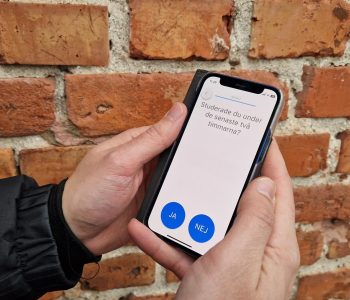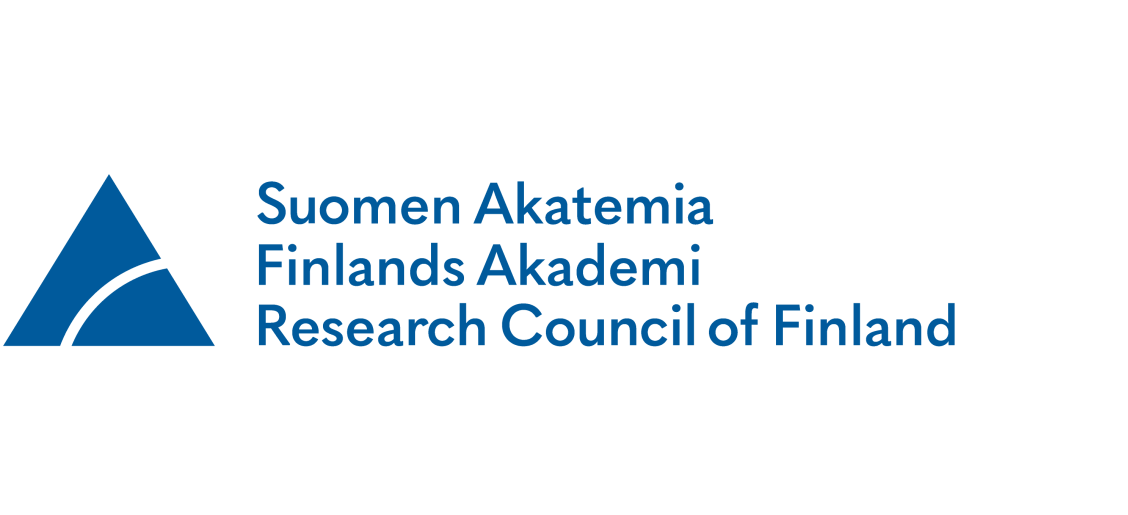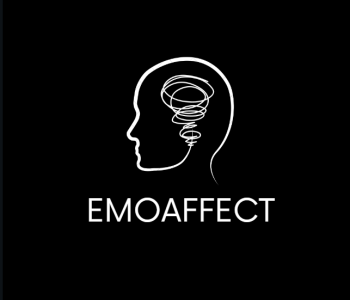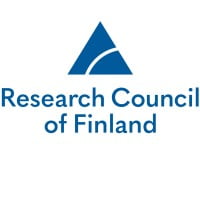Prokrastinering, det vill säga att frivilligt skjuta upp ett avsett beteende trots att detta förväntas ha negativa konsekvenser, är en vanligt förekommande svårighet bland högskolestudenter. Prokrastinering kan ha negativa följder för studenternas studieframgång och välmående.
Inom projektet INTAKT kommer vi att öka förståelsen för orsaker till prokrastinering bland finlandssvenska studerande genom att använda ekologisk momentan bedömning (d.v.s. studenterna svarar flera gånger dagligen på frågor om huruvida de just nu prokrastinerar, och om relaterade faktorer.) Baserat på våra fynd kommer vi tillsammans med studenter att samskapa en skalbar digital intervention för att minska prokrastinering och träna hälsofrämjande färdigheter för minskat psykologiskt lidande och ökad produktivitet. Interventionen är händelsestyrd, vilket innebär att en app erbjuder hjälp omedelbart i de stunder när hjälp behövs. Interventionen testas i en randomiserad studie. Den slutliga interventionen kommer att vara fritt tillgänglig att använda efter projektets slut.
Projektet genomförs av Experience Lab, och stöds av två referensgrupper. Den vetenskapliga referensgruppen stöder i innehållsmässiga och metodologiska frågor och består av forskare från Uppsala universitet, University of Paderborn och Oxford University. Den kliniska referensgruppen bidrar till utvecklingen av interventionen och rekryterar deltagare, och består av studiepsykologer vid Novia, Helsingfors Universitet, Svenska handelshögskolan Hanken, Arcada och Åbo Akademi.
Projektet finansieras av Svenska kulturfonden och Svenska folkskolans vänner.
Projektets hemsida: www.abo.fi/intakt
INTAKT – Procrastination
Procrastination, which is voluntarily postponing intended behavior despite expected negative consequences, is a common difficulty among university students.
Within the INTAKT project, we will increase understanding of the causes of procrastination among Swedish-speaking Finnish students by using ecological momentary assessment (i.e., students respond multiple times daily to questions about whether they are currently procrastinating, and related factors). Based on our findings, together with students, we will co-create a scalable digital intervention to reduce procrastination and train health-promoting skills to decrease psychological distress and increase productivity. The intervention is event-driven, meaning an app offers immediate help when needed. The intervention will be tested in a randomized study and will be freely available for use after the project ends.
The project is conducted by Experience Lab and is supported by two reference groups. The scientific reference group supports content and methodological issues and consists of researchers from Uppsala University, University of Paderborn, and Oxford University. The clinical reference group contributes to the development of the intervention and recruits participants, consisting of study psychologists from Novia, University of Helsinki, Swedish School of Economics Hanken, Arcada, and Åbo Akademi.
The project is funded by Svenska kulturfonden and Svenska folkskolans vänner.
Project website: www.abo.fi/intakt
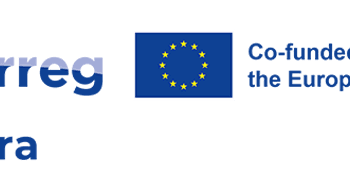 Project
Project
